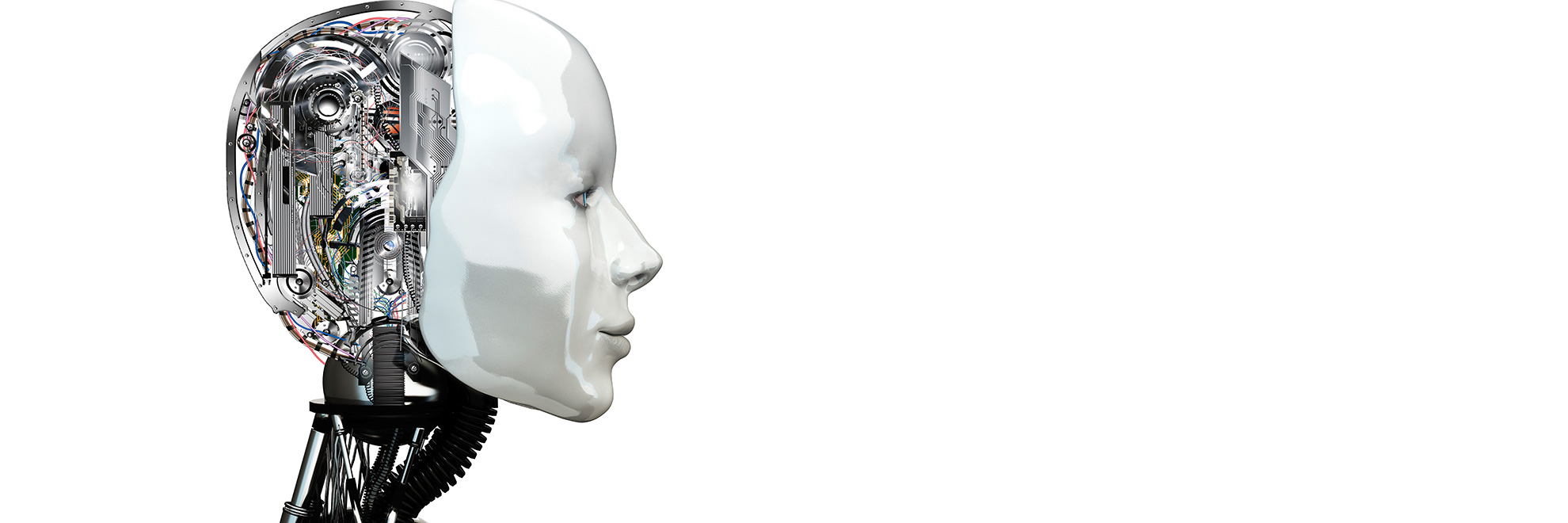THE ROBOTS ARE COMING, SO WHAT?
April 18, 2016
Disaster headlines are queuing. The robots are coming, jobs will be lost! Are we (humans) superfluous?
No! Robots create new jobs others claim.
What shall we believe?
Today
Robots can take over routine tasks, heavy and monotonous work that does not require any special educational qualifications but is also debilitating to the human body. Many jobs of this type will disappear as a result of robots.
Setup and commissioning of robots create new jobs that require more–>a certain level of education, skilled workers as well as engineers and perhaps in the long run workers with new types of special education. This type of employees is already in demand – there is a little disagreement whether there is already a lack of this type of skills in the workforce, but the challenge will be to up-skill the part of the workforce that is being superseded to take on the new type of work.
Going Forward
More and more complicated tasks could be performed by robots. Infact, there does not really seem to be a limit to which jobs the robots will be able to perform. Setup and commissioning of robots is really not very complicated. Very soon, this task will be performed by other robots. Even research jobs are at risk if you extrapolate the potential IBM’s Watson already offers.
School teachers and other educators are highlighted as “untouchable” in relation to the robots’ entry – compared to today’s robots, it is probably also true. Some of the teacher’s challenges today are to recognize individual students’ preferred learning style and follow the individual student’s development in detail. The task could in future be handled effectively with artificial intelligence; an advantage would be that there is an immediate increase in the possible number of concurrent students. In China, one can already see students who prefer virtual classrooms – still with a human as a teacher, but not physically in front of a classroom with 20-30 students. It happens live via the Internet with thousands of students in a “classroom”. In this way, all the students get the absolutely best teacher. The step to replace this “Internet Teacher” by a “robot” is not large.
In the care sector prototypes of washing robots, toilet robots and eating robots helping disabled and elderly people perform basic activities are already demonstrated. For some disabled or elderly, it is not nearly as intimidating to receive this kind of help from robots, precisely because robots don’t have personal feelings.
In Japan, they have experimented with care robots for people with dementia – the robots were designed as dogs or baby seals. They were able to provide much better quality of life for people with dementia by being constantly “present” without helping with anything practical.
The development is not only driven by technical curiosity and innovation – it is propelled by the fact that we now have to compromise between what is desirable and what is affordable. And robots are cheaper than people!
The challenge
Unemployment problem is not the only challenge but very much a society funding problem. We have, especially in Western Europe and the Nordic countries in particular, decided to finance a large part of society by taxation of the workforce. The same taxation of robots does not exist!
If only 5-10-20% of the workforce were threatened by unemployment as a result of robots the problem could perhaps be rectified by an adjustment of the various rates – with a significant deterioration in the quality of life for the affected groups. But since it is potentially 60-80-90+% who are threatened by unemployment due to robots, the entire structure of society funding needs to undergo a radical restructuring. Society funding should therefore be based primarily on the taxation of creation of value (possibly supplemented by regulatory levies). A form of basic income will also be a necessity in such a scenario.
An alternative is of course to regulate the use of robots for a wide range of tasks – that is to prohibit use. This kind of legislation has never been successful!
Financing reforms or regulatory reforms will require international agreement to be possible.
The time horizon
For such a scenario is very difficult to predict. Is it possible in this century? Yes, that is hardly debatable.
Utopia or Nightmare
depends partly on the successful implementation of reforms, partly on the eye of the beholder. Personally I am inclined towards Utopia – a society where the individual is completely free to do what feels right, whether it is about helping others, like “Red Cross Visiting Friend”, to create works of art or whether it is about relaxing on the couch with a multimedia universe (ultimately like the movie Matrix). If you are not satisfied with what society has to offer, then you would have to (possibly with others – which today is called to take up a job) find a way to create an added value and hence contribute to the financing of both society and your own consumption.

 English | EN
English | EN 
